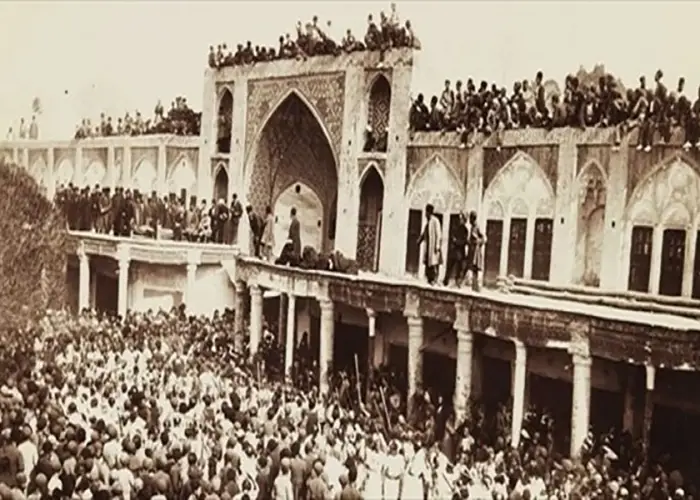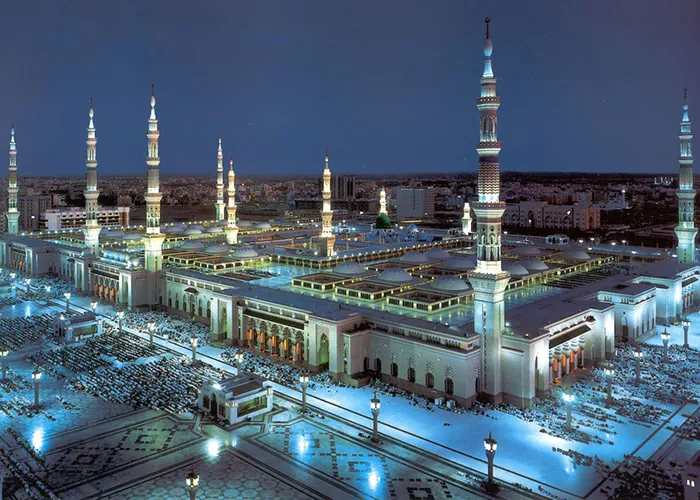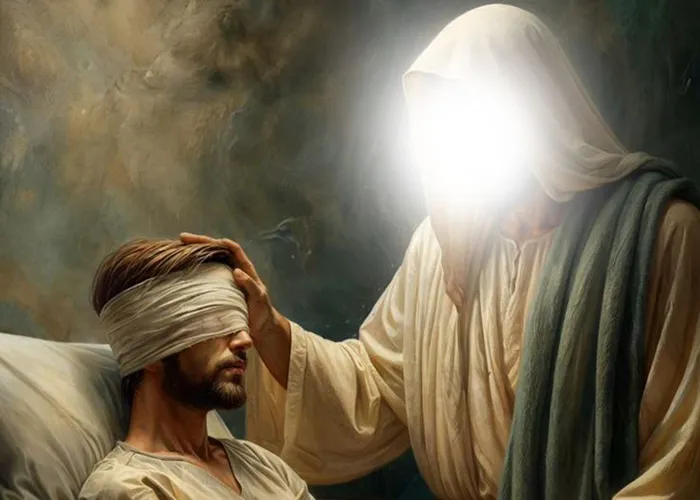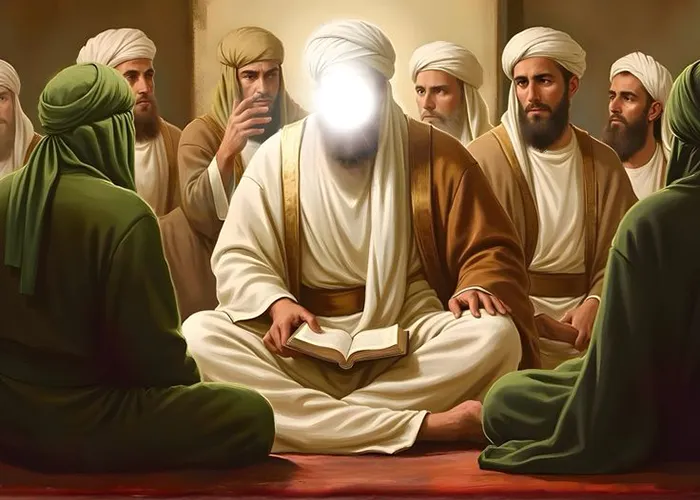Inspirational Tales – Volume02 Issue26
The Man Who Wept Alone: A True Story of Devotion to Imam Ḥusayn (as)
In the 1940s, in the small town of Kuhpayeh near Isfahan, Iran, lived an old farmer named Hajj ʿAbd al-Raḥīm. Known for his honesty, humility, and deep love for Imam Ḥusayn (peace be upon him), he became a symbol of unwavering devotion. Every year, without fail, Hajj ʿAbd al-Raḥīm attended the Muharram majālis, the gatherings held in remembrance of Imam Ḥusayn’s martyrdom at Karbala.
Regardless of hardship—whether illness, poverty, or grief—nothing stopped him from attending these events. Even when the weather was harsh or the roads impassable, he would walk miles on foot to join the mourners. His tears were not just an emotional response; they were his act of worship, connecting him to the Divine and renewing his bond with the Imam’s sacrifice.
One year, a catastrophic flood struck the region. Roads were destroyed, bridges collapsed, and the town of Kuhpayeh became isolated. The usual Muharram majlis could not be held, leaving the community without their customary rituals. But for Hajj ʿAbd al-Raḥīm, the call of Imam Ḥusayn’s tragedy could not be silenced.
On the night of ʿĀshūrāʾ, when the village was enveloped in darkness and the mosque stood empty, he did not hesitate. Dressed in his cleanest clothes and carrying a small lantern, he walked alone to the mosque. Inside, there were no mourners, no reciters of elegies—just silence. But that did not deter him.
He sat alone, placed his hand on his chest, and began to recite the maqtal of Imam Ḥusayn from memory. His voice broke as he described the thirst of the children, the courage of Abul-Faḍl al-ʿAbbās, and the Imam’s final moments. His cries echoed in the still night. Eventually, his intense grief caused him to collapse from exhaustion.
The next morning, a local boy found him unconscious in the mosque. Word spread, and villagers rushed to his side, relieved to find him regaining consciousness, tears on his face but a smile on his lips.
When asked why he had gone alone, he simply said:
“If I don’t cry for Ḥusayn this year, what kind of lover am I? Even if the whole world is silent, I will remember his pain. Because when I weep for Ḥusayn, I feel alive.”
To this day, the people of Kuhpayeh recall Hajj ʿAbd al-Raḥīm’s story. It is said that even if only one mourner attends the mosque on ʿĀshūrāʾ, his spirit is there—his tears and devotion reminding all that the flame of Wilāyah will never die.
editor's pick
news via inbox
Subscribe to the newsletter.




